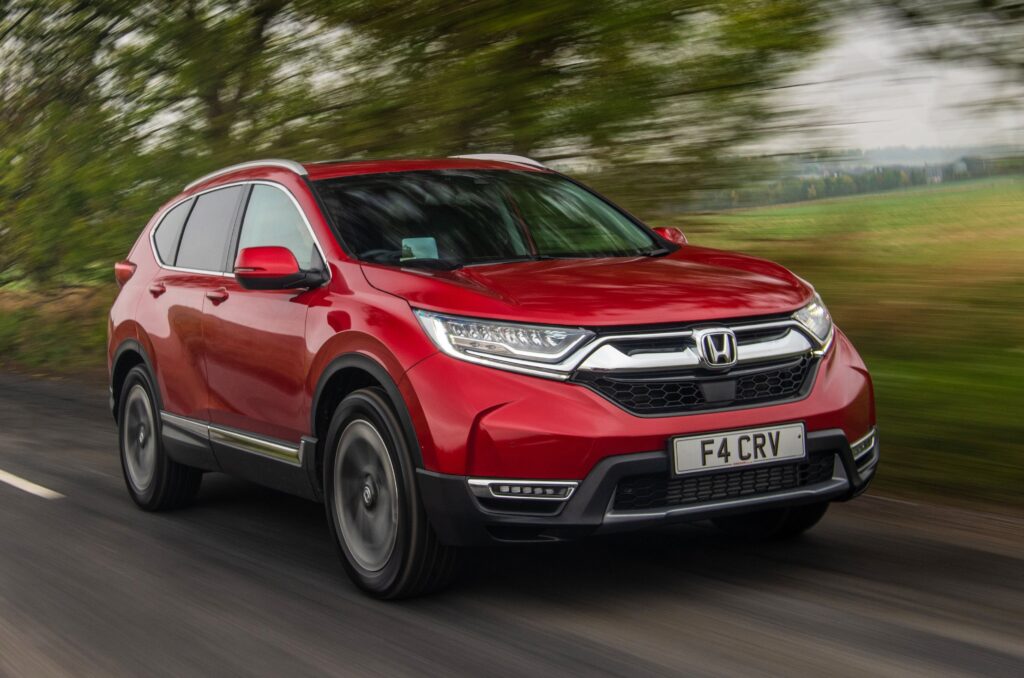As the automotive industry evolves, the debate surrounding the question, Is Hybrid Or Electric The Better Choice? becomes increasingly relevant. With growing concerns about environmental sustainability and rising fuel prices, many consumers are faced with the decision of choosing between hybrid and electric vehicles. Both options offer unique benefits and challenges, making it essential to understand their differences before making a purchase.
In this article, we will delve into the key features of hybrid and electric vehicles, examining their performance, efficiency, and environmental impact. You will learn how hybrids combine traditional gasoline engines with electric power, providing a versatile driving experience, while electric vehicles offer a completely emissions-free alternative. We will also discuss the cost implications, including initial investments and long-term savings, to help you make an informed decision.
Furthermore, we will explore the latest advancements in technology that are shaping the future of both hybrid and electric vehicles. From battery innovations to charging infrastructure, understanding these developments will empower you to choose the option that best aligns with your lifestyle and values. So, if you’re ready to navigate the world of eco-friendly transportation, keep reading to discover which choice might be the best fit for you!
Environmental Impact
The environmental impact of vehicles is a significant consideration for many consumers today. Electric vehicles (EVs) produce zero tailpipe emissions, which greatly reduces air pollution in urban areas. In contrast, hybrid vehicles, while more efficient than traditional gasoline cars, still rely on fossil fuels and emit greenhouse gases. The production of batteries for both types of vehicles also has environmental implications, but advancements in battery recycling and sustainable sourcing are helping to mitigate these effects.
Moreover, the overall lifecycle emissions of electric vehicles tend to be lower than those of hybrids, especially when charged using renewable energy sources. This makes EVs a more sustainable choice in the long run, contributing to global efforts to combat climate change and reduce carbon footprints.
Cost of Ownership
When considering the cost of ownership, both hybrid and electric vehicles have their advantages. Electric vehicles often have higher upfront costs due to the price of batteries, but they typically offer lower operating costs. EVs benefit from lower fuel costs, as electricity is generally cheaper than gasoline, and they require less maintenance since they have fewer moving parts.
On the other hand, hybrids can be more affordable initially and may appeal to those who are not ready to fully commit to electric driving. However, their fuel efficiency can vary significantly based on driving habits and conditions. It’s essential for potential buyers to calculate total cost of ownership, including fuel, maintenance, and potential tax incentives, to determine which option is more economical for their situation.
Driving Range and Convenience
Driving range is a critical factor for many consumers when choosing between hybrid and electric vehicles. Hybrids typically offer a longer range than most electric vehicles because they can switch between gasoline and electric power. This flexibility can be particularly advantageous for long-distance travel or in areas with limited charging infrastructure.
Electric vehicles, while improving in range with newer models, may still face challenges for drivers who frequently travel long distances. However, the growing network of charging stations and advancements in fast-charging technology are making EVs more convenient for everyday use. Ultimately, the choice may depend on individual driving patterns and access to charging facilities.
Performance and Driving Experience
Performance is another important consideration when comparing hybrid and electric vehicles. Electric vehicles are known for their instant torque and smooth acceleration, providing a unique driving experience that many drivers find appealing. The quiet operation of EVs also contributes to a more serene driving environment.
Hybrids, while offering improved fuel efficiency, may not deliver the same level of performance as electric vehicles. However, many modern hybrids are designed to provide a balance between efficiency and power, making them suitable for a variety of driving conditions. Ultimately, the choice may come down to personal preference regarding driving feel and responsiveness.
Government Incentives and Support
Government incentives play a significant role in the decision-making process for many consumers considering hybrid or electric vehicles. Various countries offer tax credits, rebates, and other financial incentives to encourage the adoption of cleaner vehicles. Electric vehicles often receive more substantial incentives due to their zero-emission status, making them more financially attractive.
Hybrids may also qualify for certain incentives, but these are generally less generous than those for electric vehicles. Additionally, some regions are investing in charging infrastructure and offering benefits such as access to carpool lanes for EVs. Understanding the available incentives can help consumers make a more informed choice based on their financial situation and local policies.
Future Trends and Innovations
The automotive industry is rapidly evolving, with significant advancements in technology and infrastructure for both hybrid and electric vehicles. As battery technology improves, electric vehicles are expected to become more affordable, with longer ranges and faster charging times. Innovations in autonomous driving and smart technology are also being integrated into both types of vehicles, enhancing the overall driving experience.
Moreover, as governments worldwide push for stricter emissions regulations, the demand for electric vehicles is likely to increase. This shift may lead to a decline in hybrid vehicle popularity as consumers and manufacturers focus on fully electric options. Staying informed about future trends can help consumers make choices that align with their values and the direction of the automotive market.
| Criteria | Hybrid Cars | Electric Cars |
|---|---|---|
| Power Source | Combines an internal combustion engine with an electric motor. | Powered entirely by electric batteries. |
| Fuel Efficiency | Generally better fuel efficiency than traditional gasoline cars, but less than electric cars. | Highly efficient, often achieving lower cost per mile compared to hybrids. |
| Emissions | Lower emissions than conventional vehicles, but still produces some emissions. | Zero tailpipe emissions, contributing to better air quality. |
| Range | Typically offers a longer range due to the combination of fuel and electric power. | Range can be limited by battery capacity, but many models now offer extended ranges. |
| Charging Infrastructure | No need for charging stations; can refuel at gas stations. | Requires access to charging stations, which are becoming more widespread. |
| Maintenance | Generally lower maintenance costs than traditional cars, but more complex than electric cars. | Fewer moving parts lead to lower maintenance costs. |
| Initial Cost | Usually less expensive than electric cars, but prices are rising. | Higher initial purchase price, but potential savings on fuel and maintenance. |
| Environmental Impact | Less impact than traditional vehicles, but still relies on fossil fuels. | More environmentally friendly, especially if charged with renewable energy. |
Conclusion
Choosing between hybrid and electric cars depends on individual needs and circumstances. Hybrid cars offer flexibility and longer range, while electric cars provide a cleaner, more efficient option with lower operating costs. Consider your driving habits, access to charging infrastructure, and environmental priorities when making a decision.



